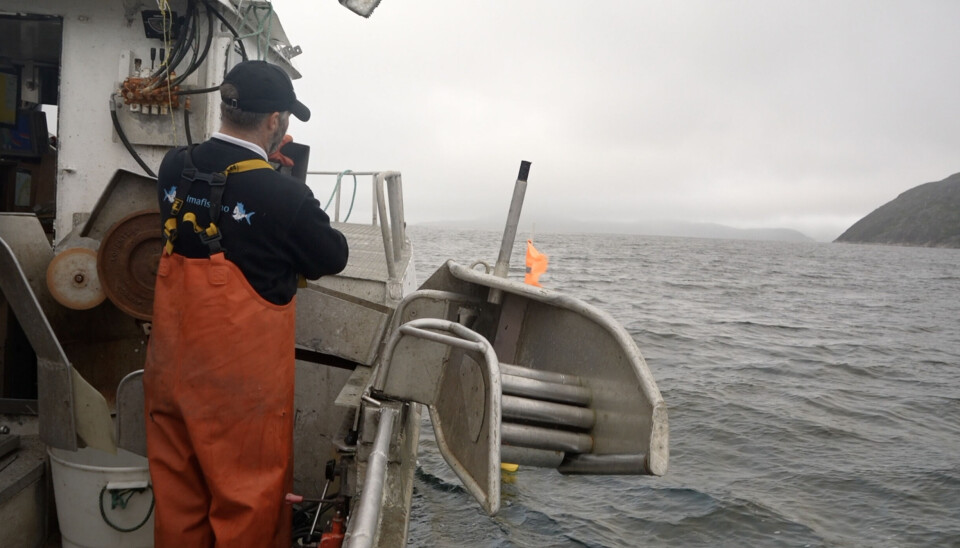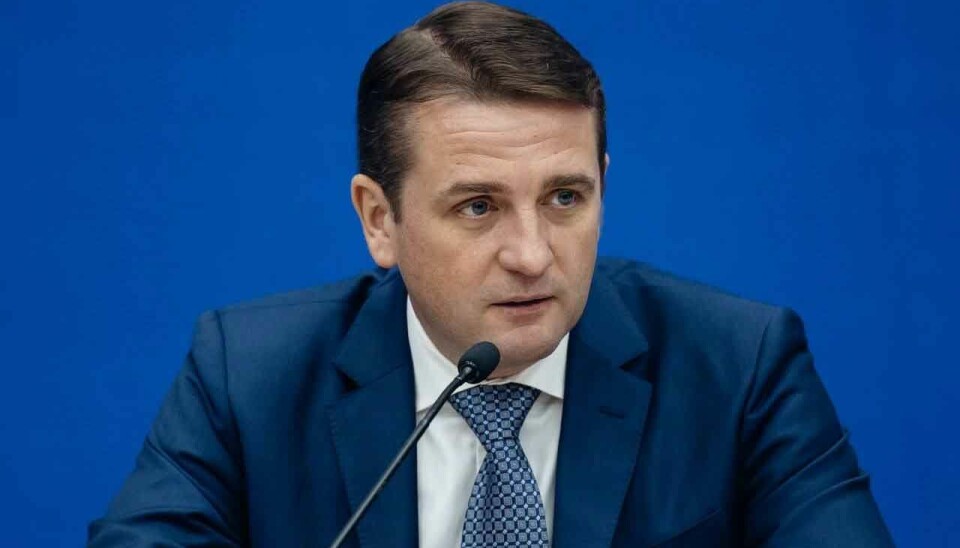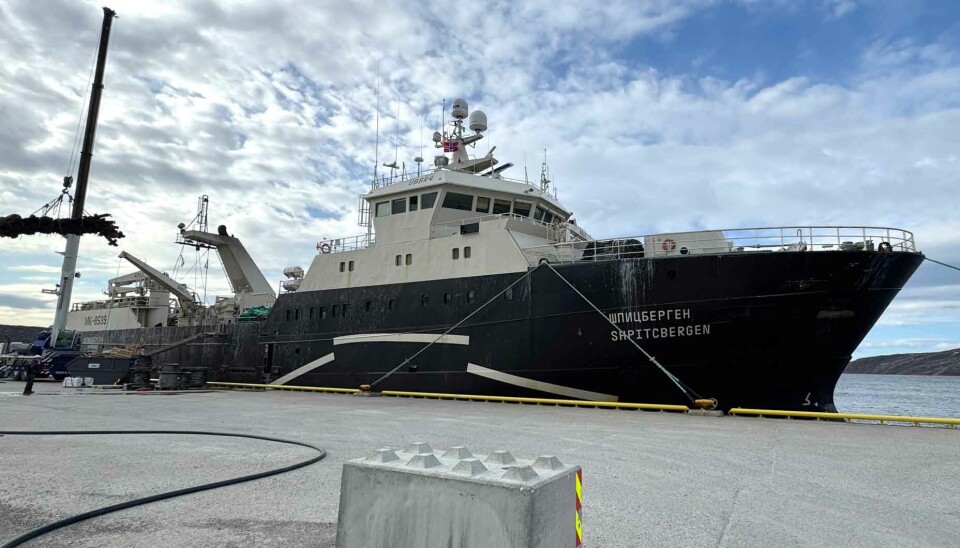
Russia delivers a fishing ultimatum to Norway
Moscow threatens to close Russian waters to Norwegian fishing vessels if Oslo does not reconsider its sanctions against the companies Norebo and Murman Seafood. The conflict threatens to undermine the 1976 agreement regulating joint fishing in the Barents and Norwegian Seas.
"If the Norwegian side does not reconsider its position within a month, Russia will close its exclusive economic zone to Norwegian fishing vessels," the head of the Russian Federal Agency for Fisheries, Ilya Shestakov, stated at an extraordinary session of the Joint Norwegian-Russian Fisheries Commission. His words were quoted by the official Telegram channel of the Russian Federal Agency for Fisheries.
He also noted that in the event of a breakdown in negotiations, fishing and the allocation of catch quotas in the open waters of the Barents and Norwegian Seas will be conducted based on Russian national interests.

According to Shestakov, these steps are a response to Norway's 'failure to comply with existing international treaties' — in particular, the ban introduced by the kingdom in July 2025 on fishing in its exclusive economic zone for Russian companies Norebo and Murman Seafood. The Russian side considers this ban unfounded and regards it as a gross violation of agreements on the joint management of marine resources.
"The actions of the Norwegian side will inevitably lead to the destruction of an effective system of management and regulation of fishing in the North Atlantic, which has been built over decades and is intended to ensure the long-term rational exploitation of joint stocks of marine biological resources," Shestakov emphasised.
In fact, Russia has issued an ultimatum to Norway and threatens to completely close its economic zone to the country's vessels. There is no publicly available data on the exact number of Norwegian vessels fishing in Russian waters. According to data from the Norwegian Directorate of Fisheries, in 2023 Russian vessels registered a catch of 61,109 tonnes of cod in the Norwegian economic zone, while Norwegian vessels in the Russian zone caught only 2,024 tonnes. Thus, Norway's presence in Russian waters is relatively small.

It is possible that if the Russian side imposes a ban, Norway will take retaliatory measures. This could lead to the suspension or termination of the fisheries agreement.
The current agreement, concluded in 1976, regulates joint fishing in the Barents and Norwegian Seas. It establishes annual quotas for the catch of cod, haddock, pollack, and other species, rules for the operation of vessels in the economic zones of both countries, as well as joint scientific monitoring and control of compliance with the rules. Thanks to this cooperation, it is possible to maintain sustainable fishing, protect the ecosystem, and prevent poaching.
If the agreement is cancelled, access for vessels to the economic zones of neighbouring countries will be closed. This will cause legal uncertainty and risks of fishing disruptions: Russia will lose a significant portion of its cod and haddock catch in Norwegian waters, while Norway will lose part of its resources in Russian waters. There may be an increase in poaching, detention of vessels, multimillion-dollar losses, and overfishing of key species due to lack of joint scientific control.
Tensions in relations escalated after Norway imposed sanctions against the companies 'Norebo' and 'Murman Seafood' in July 2025, shortly after similar restrictions were put in place by the EU. The Kingdom's authorities explained their decision based on suspicions of espionage and 'activities that may contribute to sabotage'.
At the end of July, the Russian Ministry of Foreign Affairs summoned the temporary chargé d'affaires of Norway and stated that the new sanctions violate the 1976 fishing agreement aimed at responsible use of the biological resources of the Barents and Norwegian Seas.























